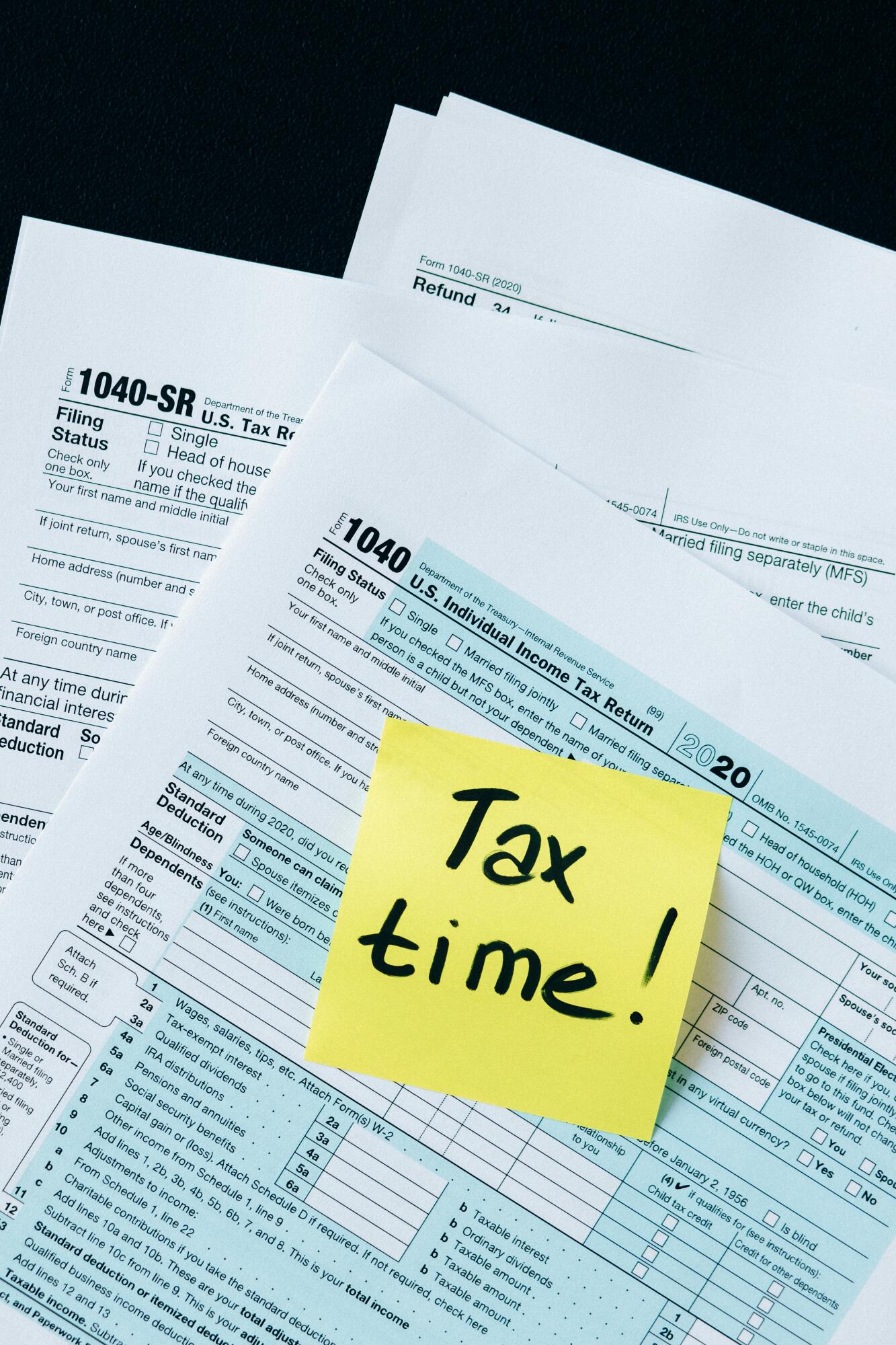Have you heard that almost half of Americans are surprised when they owe money after filing taxes?
If you're a property manager, tax time can be a daunting period. Understanding your responsibilities can make the process smoother, though.
One crucial aspect is sending 1099s to landlords who receive rental income. Read on for our simple guide on tax statements and 1099s.
What Is a 1099?
A 1099 form is used to report various types of non-employment income to the IRS, including rental income received by landlords. As a property manager, you have to make sure that landlords fulfill their tax obligations by providing accurate information.
Who Needs a 1099?
If you manage rental properties and pay landlords $600 or more in a year, you need to send them a 1099. This applies to the following:
- Individuals
- Partnerships
- Some corporations that receive rental income
Reporting Income
Keeping track of rental payments throughout the year is essential for accurate reporting. Make sure your property accounting system is organized and up-to-date. This includes documenting each payment made to landlords, along with their contact information and Taxpayer Identification Number (TIN).
Obtaining TINs
Before tax time arrives, ensure you have the correct TIN for each landlord. Request this information when you onboard new landlords, and remind them to update you if their information changes.
Filing Deadlines
The deadline for sending 1099s to landlords is January 31st of the following year. This gives landlords ample time to include the rental income on their tax returns.
Completing the 1099 Form
When preparing 1099s, ensure you report the total rental income paid to each landlord throughout the year in an accurate way. Double-check the following information to avoid errors:
- Names
- Addresses
- TINs
Distribution Process
Once the 1099s are completed, distribute them to landlords right away. You can send them online or via mail, depending on your landlords' preferences. Be sure to retain copies for your records, as you may need them for future reference or in case of an audit.
Communicate with Landlords
Throughout the process, maintain open communication with your landlords. Inform them about their tax obligations and the importance of reporting rental income with accuracy. Address any questions or concerns they may have about the 1099s or their tax returns.
Consultation with Tax Professionals
If you're unsure about any aspect of tax reporting or sending 1099s, consider consulting with a tax professional. They'll look at your unique business and give personalized advice so you can steer clear of trouble with the IRS.
Ongoing Compliance
Tax reporting isn't a one-time task-it's an ongoing responsibility. Stay on top of any changes to tax laws or reporting requirements that may affect your property management business. By staying proactive and diligent, you can avoid potential issues and streamline the tax process for both yourself and your landlords.
Do You Need Help with Tax Statements and 1099s?
Sending tax statements and 1099s to landlords is a crucial aspect of property management and accounting. By understanding your responsibilities, you can navigate tax time with confidence and ensure compliance with IRS regulations.
Has owning a property for rentals been tricky? Contact Veno Properties to discuss our property management solutions. We've been helping rental property businesses in Saratoga Springs thrive since 2017.


